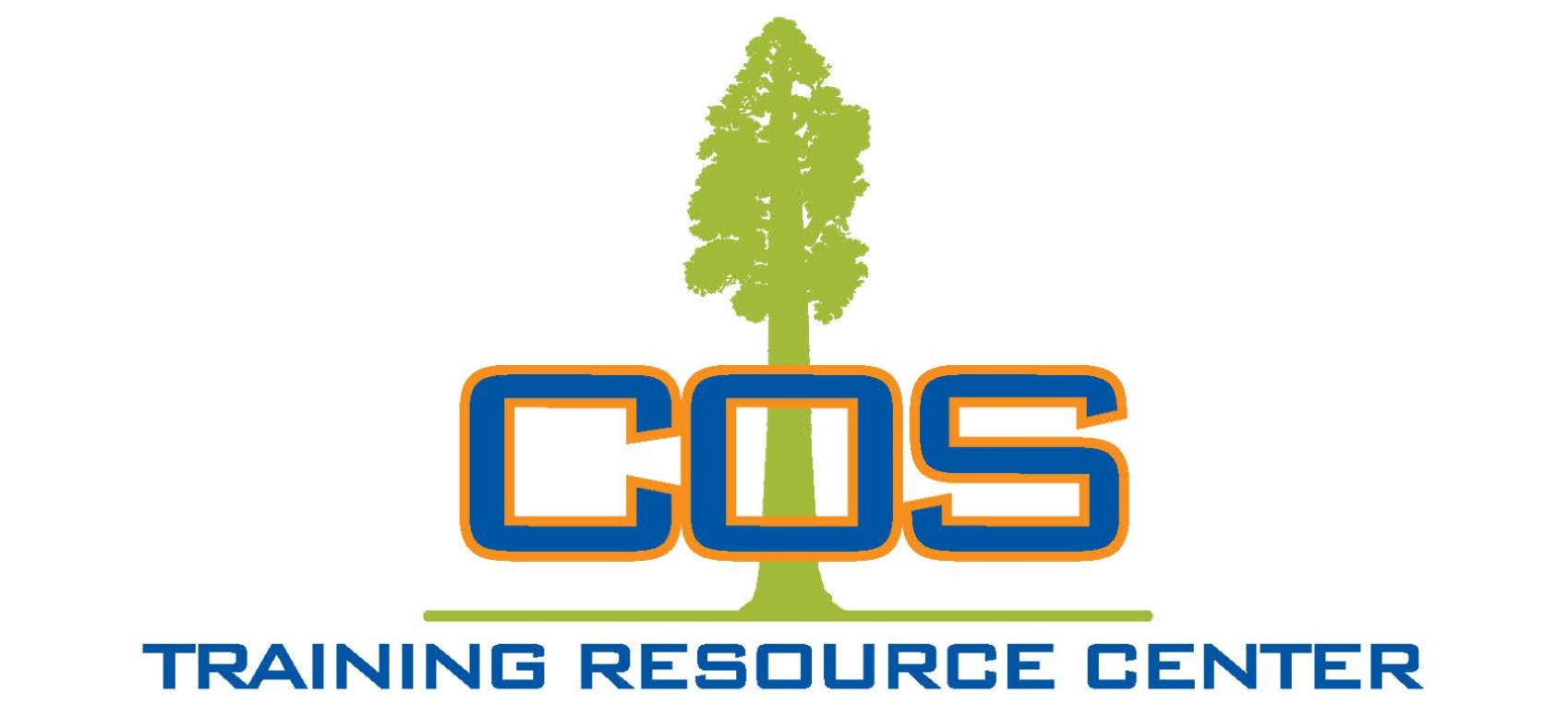College of the Canyons Partners with Northrop Grumman for Low Observable Program to Train Workers for High-Demand Field

The Low Observable Technician pathway at College of the Canyons (COC) offers participants a fast-track workforce program in a high-demand field that helps ensure the security of our nation.
When its talent pool started to dwindle, Northrop Grumman reached out to COC about partnering on an unclassified low observable program for entry-level technicians. Low observable technology, also known as stealth technology, covers a range of methods and materials used to make aircraft, ships, submarines, missiles, satellites, and ground vehicles less visible to radar and other detection methods.
Northrop Grumman provided instructors and subject matter experts to develop the curriculum for the 14-week, 170-hour Low Observable Technician course. COC worked with them to ensure the course was compatible with the college’s systems and requirements. The program trains and prepares participants for entry-level jobs as Low Observable Mechanics using a cutting-edge virtual reality sprayer.
The first cohort of the pilot program included 13 students (two women and 11 men) who graduated in November 2021. Northrop Grumman hired five graduates, while the rest received contingent offers of employment pending a background check and security clearance approval from the Department of Defense (DoD), which can take 200+ days.
In June of this year, the second cohort of 15 students (four women and 11 men) graduated. Northrop Grumman hired four graduates and made contingent offers to the rest, pending a background check and security clearance approval from the DoD. The next cohort will launch at the end of August.
“This program meets the needs of regional employers and provides job seekers with the critical skills they need to secure jobs with career growth opportunities,” said John Milburn, Interim Vice President of Workforce and Economic Advancement, College of the Canyons.
High-Tech Training for In-Demand Jobs
The Low Observable Technician classes are a hybrid of computer-based training, live online sessions, and in-person sessions. They cover everything from basic aircraft safety to fundamentals of low observable technology to process and quality improvement. Because the instructors work full-time at Northrop Grumman and most of the participants have jobs, the COC team works with each cohort to determine the schedule, which is often evenings and Saturdays for live and in-person sessions.
The highlight for most participants is using the virtual sprayer simulator to learn about the practice of applying specialized coats of paint. Students wear a virtual reality headset to simulate what they would be doing on the job, and the instructor monitors them in real-time and can see if they’re getting smooth, even coats or if the paint is dripping.
“It’s an art and a craft,” said Justin Wallace, Director, Business Partnerships & Workforce Engagement, College of the Canyons. “Students need to be detail-oriented and meticulous in their work to be successful at this job because it has serious implications for the people going up in that aircraft.”
The virtual sprayer simulator portion of the program is a one-on-one session with the student and instructor, lasting between eight and 14 hours. After the pilot program, COC invested in a second virtual sprayer to offer more scheduling options.
Armando Marquez, Jr. graduated in the first cohort and works full-time at Northrop Grumman, earning a competitive wage. He said the Low Observable program gave him the tools to change his life.
“I am happy to be somewhere with lots of room to grow and in a place that has given me the ability to lay the foundation for a better tomorrow,” Marquez, Jr. said. “Since getting the job, I have bought a car, started fixing my finances, and for the first time, started investing in my retirement.”
Starting salaries for Low Observable Specialists range from $24 to $27 an hour, and Northrop Grumman provides additional on-the-job training and offers a tuition reimbursement program.
“The program is a great entry-level opportunity for someone who wants to learn and see how far they can branch out as an expert Low Observable Mechanic to survivability engineer,” said Edwin Alvarez, Workforce Development/Staffing Manager, Northrop Grumman.
Collaboration is the Key to Success
Once the program was a go, COC brought on America’s Job Center of California (AJCC), a strategic partner of its Division of Workforce & Economic Advancement, that offers various workforce services for employers and job seekers. AJCC promotes the Low Observable Technician program to its job-seeking clients and community contacts, screens candidates, schedules assessment tests, and provides access to Workforce Innovation and Opportunity Act (WIOA) funding so there is no cost for the program for those who qualify.
The Northrop Grumman team developed the criteria to be eligible for the program and agreed that the AJCC testing and process were a good fit. Students must meet the following minimum requirements to participate:
- High school diploma or GED
- Must pass CASAS tests for Math and English
- Background check
- Must be able to pass a drug screening
- Must be able to use a virtual system for training
- Must be a U.S. citizen (not a dual citizen)
To seek employment, participants must meet the following requirements:
- Must pass respirator physical
- Must meet medical requirements to travel overseas
- Must be able to lift 60 lbs.
- Must be eligible to obtain and maintain security clearances (DoD Secret Level)
- Willingness to deploy overseas for extended periods (up to 90 days or more)
“This is a successful workforce training program because all three partners have the same goal in mind: to help people get good paying jobs with career advancement opportunities so they can achieve their professional goals,” Wallace said.
College of the Canyons is the only community college in California to offer a low observable (stealth) coatings application program. Initial startup costs of the program are approximately $40,000 to $60,000 per cohort. Ultimately, Northrop Grumman would like to take this model nationwide.

